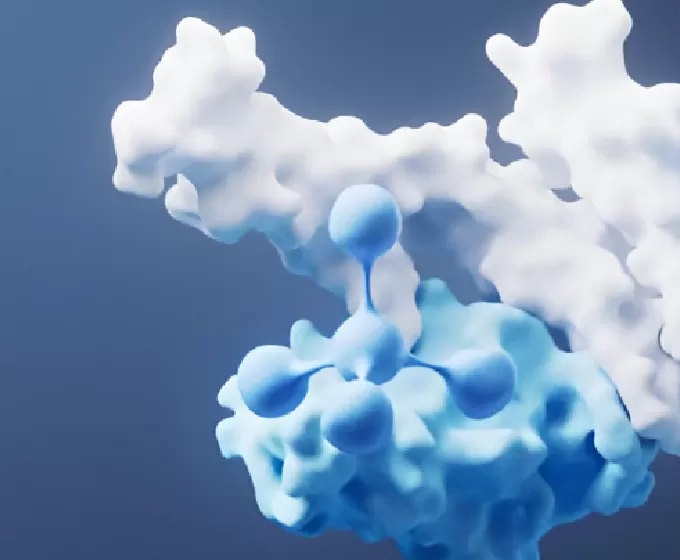



In response to the growing demand for fast, high-throughput protein and antibody research, Tsingke launched its recombinant protein expression service. Designed for the evolving landscape of antibody drug development, the service leverages high-throughput transient transfection to ensure rapid delivery. Tsingke provides a one-stop solution covering protein structure analysis and design, gene synthesis, transfection, expression, and purification. PROTEIN SERVICES include standard, modified, and structured peptide synthesis, peptide conjugation, custom peptide libraries, and multi-system protein expression with verification and optimization. Flexible yields, fast turnaround, and high-quality delivery enable reliable samples for functional assays, structural studies, and therapeutic development, accelerating research with reproducible results.


Multiple expression systems and peptide synthesis options tailored to different research needs.

From small-scale verification to large-scale production with customizable yield and purity.

Utilizing codon optimization along with QC and protein purity, activity, and endotoxin levels testing.

Successfully expressed over a hundred proteins in mammalian system.
| Service Category | Service Type | Features | Purification | Turnaround Time | Applications |
| Recombinant Protein Expression | 6 Expression Systems: E. coli, Bacillus subtilis, Yeast, Insect (Baculovirus), Mammalian (CHO/HEK293), Cell-free | Small - to large-scale expression with optional verification and optimization | Affinity purification (primary), optional secondary purification for higher purity (90–95% or more) | 1–9 weeks | Functional assays, structural studies, antibody production, therapeutic development |
| Peptide Synthesis | Standard Peptide Synthesis, Modified Peptide Synthesis, Structured Peptide Synthesis, Peptide Conjugation, Peptide Library | Custom sequences and modifications with scalable yields, 75–98% purity | HPLC | 2–6 weeks | Antigen design, enzyme studies, library screening, drug discovery |
Project analysis: Sequence review, oligo design, and overall expression strategy.
Project analysis: Sequence review, oligo design, and overall expression strategy.
Gene synthesis and subcloning: Gene synthesis with codon optimization, cloned into expression vector.
Gene synthesis and subcloning: Gene synthesis with codon optimization, cloned into expression vector.
Plasmid preparation: Amplify plasmid and remove endotoxins if required.
Plasmid preparation: Amplify plasmid and remove endotoxins if required.
Transfection and small-scale expression: Introduce plasmid into host cells and produce protein.
Transfection and small-scale expression: Introduce plasmid into host cells and produce protein.
Scale-up culture: Expand cell culture to produce sufficient protein.
Scale-up culture: Expand cell culture to produce sufficient protein.
Affinity purification: Isolate protein using affinity or other purification methods.
Affinity purification: Isolate protein using affinity or other purification methods.
Quality control: Verify purity, concentration, activity, and integrity.
Quality control: Verify purity, concentration, activity, and integrity.
Delivery: Provide purified, quality-checked protein to the customer.
Delivery: Provide purified, quality-checked protein to the customer.
Clients need to provide the gene sequence. Once confirmed, our team will design the optimal expression strategy for your project.